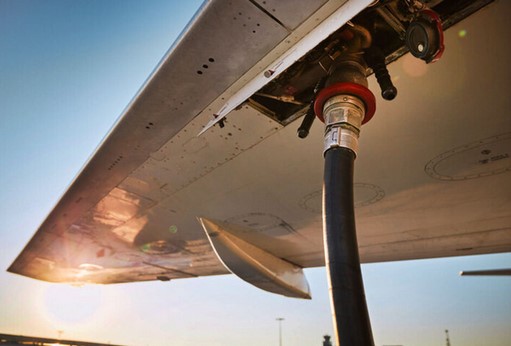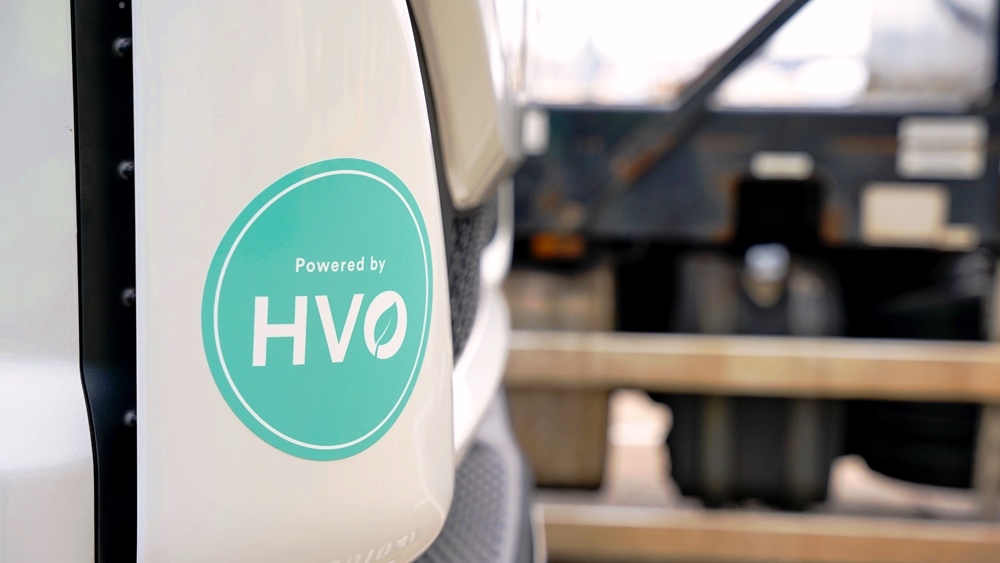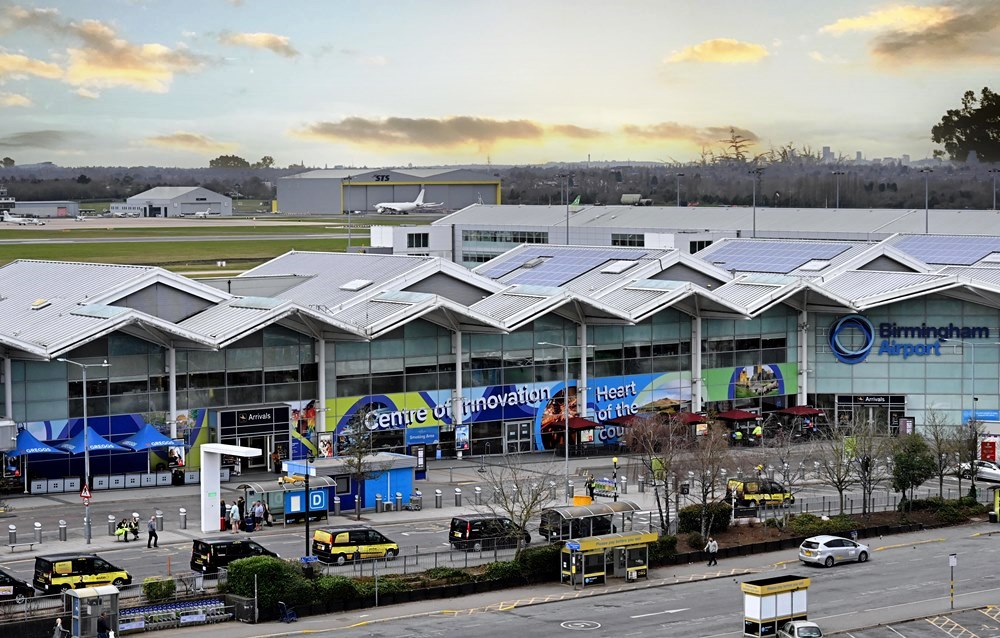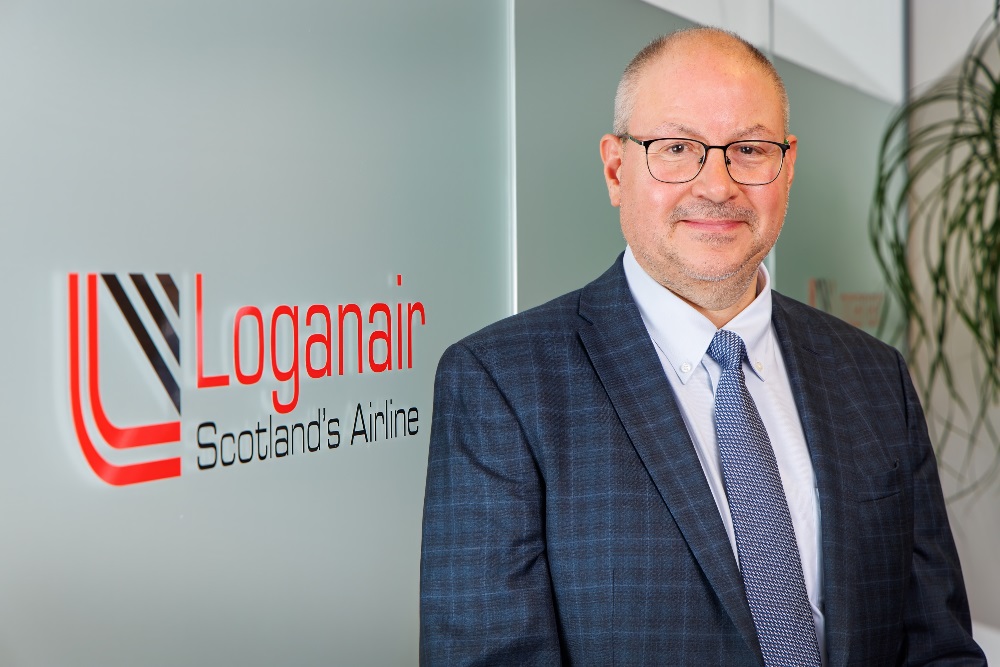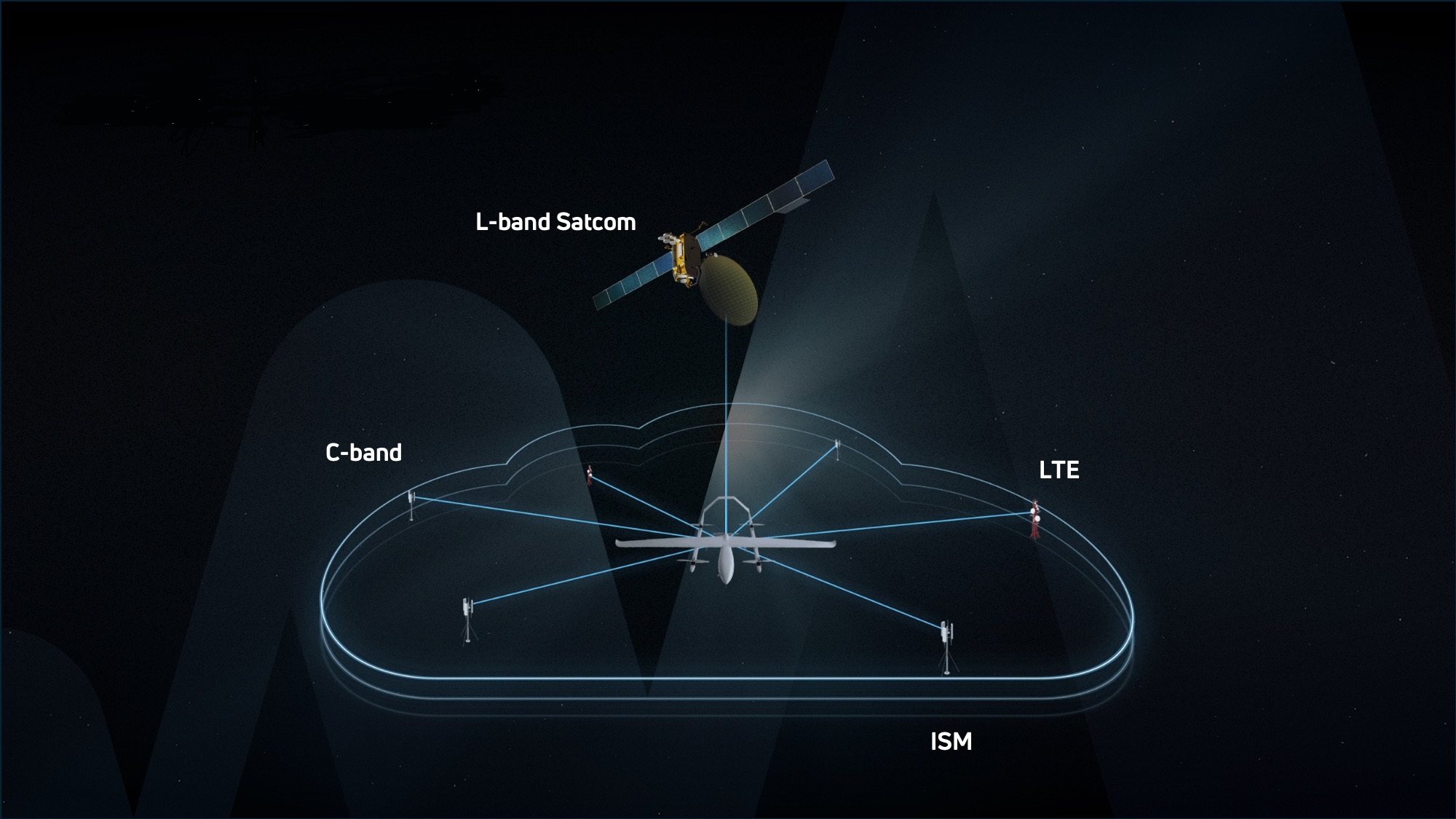Survey shows airports prioritising security tech

For many airports, the investment focus has shifted to security in the wake of heightened regional tensions, some of which directly target air travel. While investment in passenger processing technology still ranks the number one priority for airports, it has dropped from 73% in 2015 to 59% this year as security rises in priority.
The survey shows that self-service and mobile dominate the airport landscape. This year for the first time SITA’s research indicates the majority of airports worldwide provide self-service check-in for both passengers and bags. Looking ahead self-service will continue to dominate with two-thirds of airports planning major IT investments in this area. The growing influence of mobile is also evident with nearly every airport worldwide (90%) undertaking either a major program or a trial project related to mobile services and 74% trialing or piloting context-aware and location-based technology in the next five years.
Matthys Serfontein, SITA Vice President, Airport Solutions, said: “The technology trends at airports reflect the changing world. Investments to support passenger and airport security are up while the increasing demands of the connected traveler for self-service and mobile services are also being met.
“This year we see a shift where airports are also looking to technology to generate non-aeronautical revenue. By 2019, 84% hope to make money by enabling the purchase of airport services through their mobile app. And there is also a clear trend to provide hybrid public Wi-Fi services that combine the convenience of limited free Wi-Fi with commercial offerings. Over the next three years the proportion of airports planning to offer unrestricted free Wi-Fi will drop from 74% to 54%. This change is mainly driven by airports in North America and the Middle East.”
Using kiosks for services beyond check-in and bag drop to generate revenue will also appear at the world’s airports. Today a very small number of airports have kiosks that allow passengers to download digital content, such as the latest films, before they board the flight but by 2019, 30% plan to do so. By that time 42% also expect to have kiosks that enable sales transactions.
SITA’s research takes a look further into the airport’s digital transformation exploring areas such as wearables, biometrics, robotics and context-aware services and how airports plan to use these innovative technologies over the next five to 10 years. In the light of the increased focus on security it is not surprising that interest in biometric technology, which supports fast and secure passenger processing, is high. More than one third of airports will invest in single biometric travel token projects in the next five years jumping to the majority (52%) within the decade.
These findings are from the 13th annual SITA Airport IT Trends and reflect the views of more than 225 airports who together manage 36% of the global traffic or 2.3 billion passengers. This year 50% of survey respondents came from airports within the Top 100 in terms of revenue.
*The Airport IT Trends Survey was launched today at the 2016 ACI-NA/World Annual Conference/World Annual General Assembly taking place in Montreal. Further details on the survey are available here and all of SITA’s industry surveys can be accessed on www.sita.aero/resources/type/surveys-report





